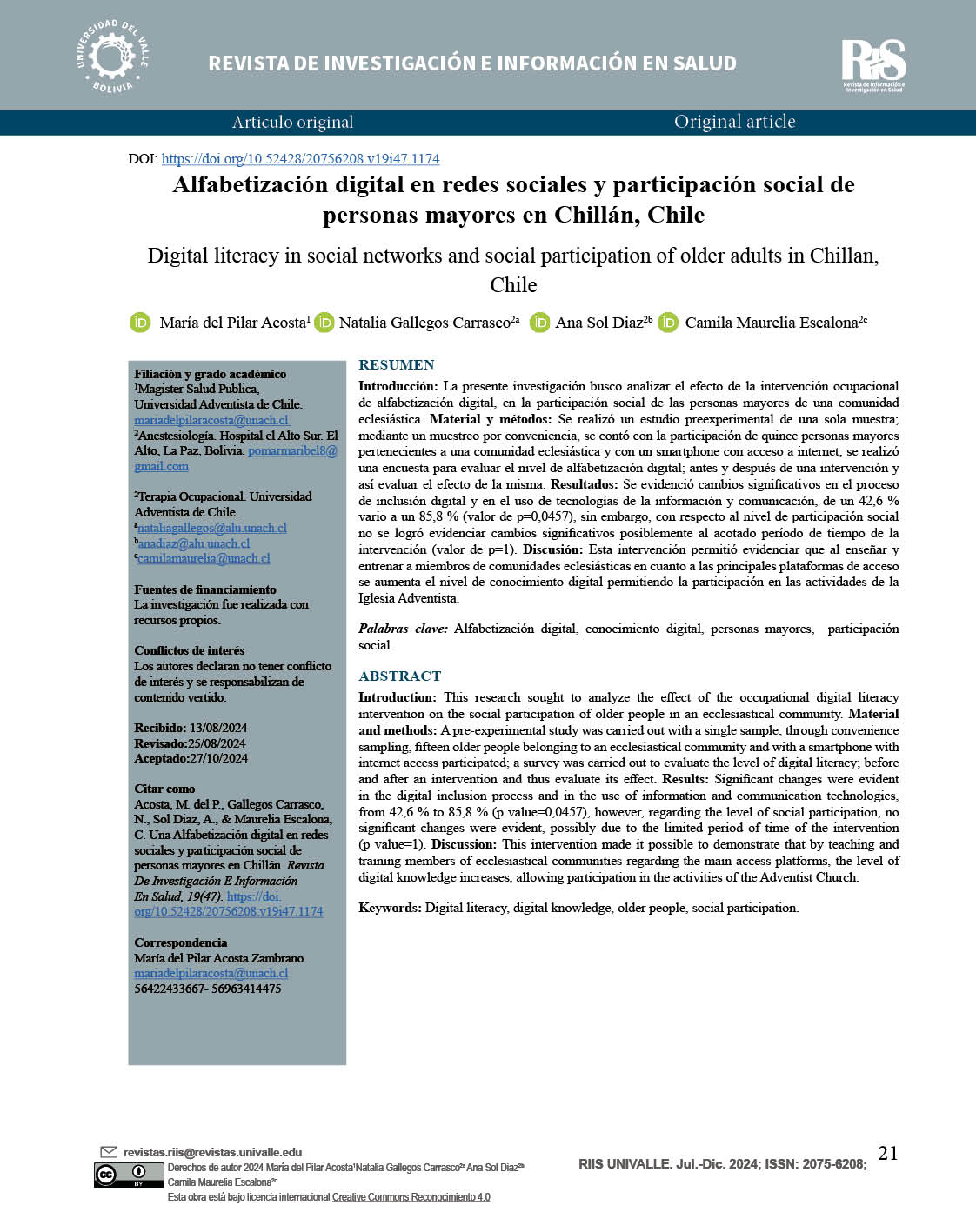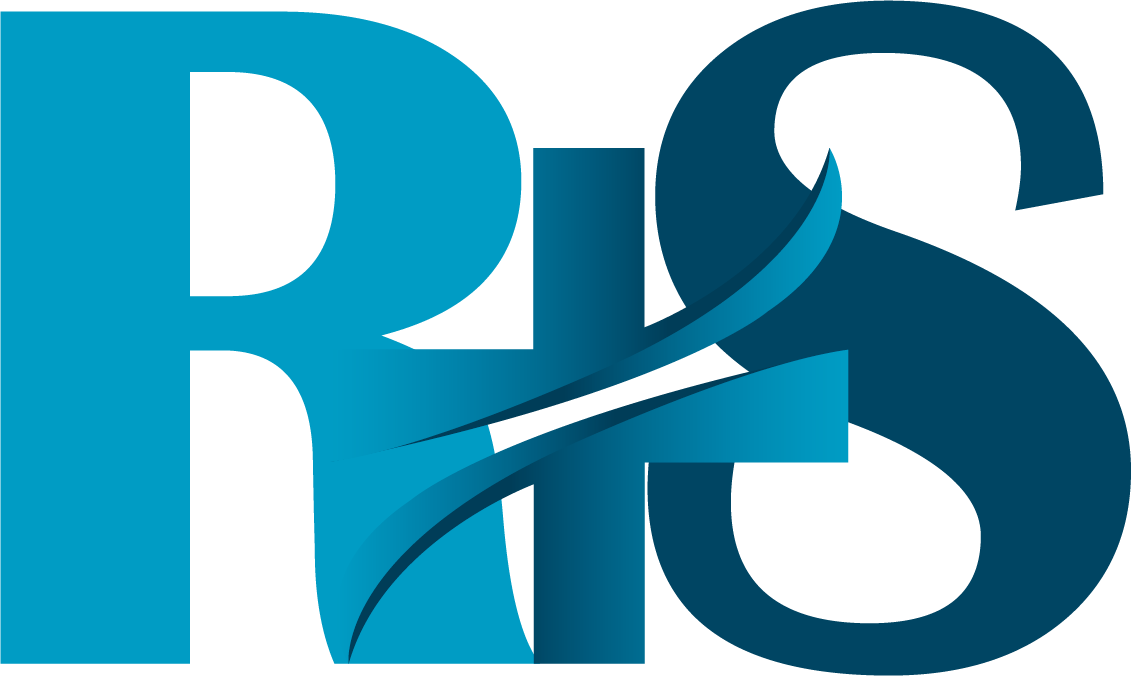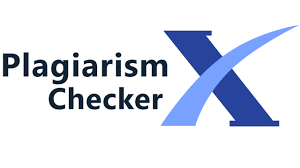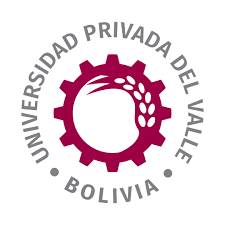DIGITAL LITERACY IN SOCIAL NETWORKS AND SOCIAL PARTICIPATION OF OLDER ADULTS IN CHILLAN, CHILE
Alfabetización digital y participación social de personas mayores
DOI:
https://doi.org/10.52428/20756208.v19i47.1174Keywords:
Digital literacy, digital knowledge, older people, social participationAbstract
The present research aims to analyze the effect of occupational intervention for digital literacy on the social participation of older adults in a church community.
Methods: A pre-experimental study with a single sample was conducted. Through convenience sampling, fifteen older adults from a church community who owned a smartphone with internet access participated. A survey was conducted to assess the level of digital literacy before and after an intervention to evaluate its effect.
Results: Significant changes were observed in the digital inclusion process and the use of information and communication technologies, increasing from 42.6% to 85.8% (p=0.0457). However, regarding the level of social participation, no significant changes were observed, possibly due to the limited duration of the intervention (p=1).
Conclusion: This intervention demonstrated that by teaching and training members of church communities on the main access platforms, the level of digital knowledge increases, allowing participation in the activities of the Adventist Church.
Downloads
References
Hugo, A. M. W., & Johana, O. C. L. (2018). Alfabetización digital como herramienta para el envejecimiento activo en el adulto mayor. Unirioja.es. https://dialnet.unirioja.es/servlet/articulo?codigo=9151099
Fehrmann Ambiado, B. V. (2022). Percepciones sobre el uso de telemedicina por las personas mayores en tiempos de COVID-19- Perceptions on the use of telemedicine by older people intimes of COVID-19. http://repobib.ubiobio.cl/jspui/handle/123456789/3911
Callejas, A. Centro de Estudios de Vejez y Envejecimiento de la Pontificia Universidad Católica de Chile y Compañía de Seguros Confuturo (2023). "Población 80+ en Chile: una mirada a la calidad de vida en la cuarta edad".
Sepúlveda, J. Departamento de Farmacología, Universidad de Concepción (2020). "Vivir hasta los 100 y más". Impacto de la Alfabetización digital sobre la adherencia al tratamiento de las personas mayores.
Ministerio de Desarrollo Social y Familia. (2022). Encuesta Casen 2022.
Lorence, Daniel P. and Park, Heeyoung (2006). New Technology and Old Habits: The Role of Age as a Technology Chasm.
https://doi.org/10.3233/THC-2006-14204
PMid:16720952
Román-García, S., Almansa-Martínez, A., & Cruz-Díaz, M.-R. (2016). Adults and Elders and their use of ICTs. Media Competence of Digital Immigrants. https://doi.org/10.3916/c49-2016-10
https://doi.org/10.3916/C49-2016-10
Cañón Rodríguez, R., Grande de Prado, M., & Cantón Mayo, I. (2016). Brecha digital: Impacto en el desarrollo social y personal. Factores asociados. https://doi.org/10.15366/tp2016.28.009
https://doi.org/10.15366/tp2016.28.009
Chopik, W. J. (2016). The benefits of social technology use among older adults are mediated by reduced loneliness. Cyberpsychology, Behavior and Social Networking. https://doi.org/10.1089/cyber.2016.0151
https://doi.org/10.1089/cyber.2016.0151
PMid:27541746 PMCid:PMC5312603
Kronenberg, F., Algado, S. S., & Pollard, N. (2007). Terapia Ocupacional sin Fronteras. Editorial Médica Panamericana S.A.
Pontificia Universidad Católica de Chile, Coopeuch, Fundación Conecta Mayor. (2022). Programa 60+ Digital. Centro UC Estudios de Vejez y Envejecimiento y la asistencia técnica del Programa Adulto Mayor UC. Recuperado el 7 de octubre de 2023, de https://60masdigital.uc.cl/
Klimova, B. (2016). Computer-Based Cognitive Training in Aging. Frontiers in Aging Neuroscience. https://doi.org/10.3389/fnagi.2016.00313
https://doi.org/10.3389/fnagi.2016.00313
PMid:28066236 PMCid:PMC5168996
American Occupational Therapy Association (AOTA). (2020). Marco de Trabajo para la Práctica de Terapia Ocupacional: Dominio y Proceso.
Hernández Sampieri, R. (2018). Metodología de La Investigación. McGraw-Hill Companies.
Revista UNIR (2019). La importancia de la alfabetización digital. Universidad Internacional de la Rioja. Obtenido de: https://www.unir.net/educacion/revista/alfabetizacion-digital/
The Jamovi Project (2020). Jamovi. (Version 1.2) [Computer Software]. Retrieved from https://www.jamovi.org.
Arguedas-Arguedas, Olga. (2010). Elementos básicos de bioética en investigación. Acta Médica Costarricense, 52(2), 76-78. Retrieved July 30, 2024, from http://www.scielo.sa.cr/scielo.php?script=sci_arttext&pid=S0001-60022010000200004&lng=en&tlng=es
https://doi.org/10.51481/amc.v52i2.639
Díaz-Catalán, C., Rodríguez, I. S., González, D. A. G. D. A., & Maceiras, S. D. A. (2024). ¿Con quién aprendo a usar el dispositivo? La adquisición de competencias digitales de los mayores. Revista Española de Investigaciones Sociológicas, (185), 65-78.
https://doi.org/10.5477/cis/reis.185.65-78
Herrera, K. L. (2023). Alfabetización digital a adultos mayores de los centros vida del municipio de Yopal. Recuperado de: http://hdl.handle.net/20.500.12010/31681.
Marquina Yactayo, M. Y. (2024). Programa de alfabetización digital para promover la inclusión social en adultos mayores del Centro del Adulto Mayor de Trujillo-2022.
Montalvo-Ledesma, P. E. (2023). Repositorio audiovisual para la alfabetización digital en adultos mayores de la parroquia de San José De Minas. UNIB.E.Obtenido de: http://repositorio.unibe.edu.ec/xmlui/handle/123456789/545
Colombo-Ruano. L.; González-González, C. S. (2024). Inclusión tecnológica y competencias digitales en personas mayores: hacia un envejecimiento activo y conectado. Campus Virtuales, 13(2), 199-213. https://doi.org/10.54988/cv.2024.2.1552

Published
How to Cite
Issue
Section
License
Copyright (c) 2024 Maria del Pilar Acosta, Natalia Gallegos Carrasco, Ana Sol Diaz, Camila Maurelia Escalona

This work is licensed under a Creative Commons Attribution 4.0 International License.
Authors who publish with this journal agree to the following terms:
- Authors retain copyright and grant the journal right of first publication with the work simultaneously licensed under a Creative Commons Attribution License 4.0 that allows others to share the work with an acknowledgement of the work's authorship and initial publication in this journal.
- Authors are able to enter into separate, additional contractual arrangements for the non-exclusive distribution of the journal's published version of the work (e.g., post it to an institutional repository or publish it in a book), with an acknowledgement of its initial publication in this journal.
- Authors are permitted and encouraged to post their work online (e.g., in institutional repositories or on their website) prior to and during the submission process, as it can lead to productive exchanges, as well as earlier and greater citation of published work.






















